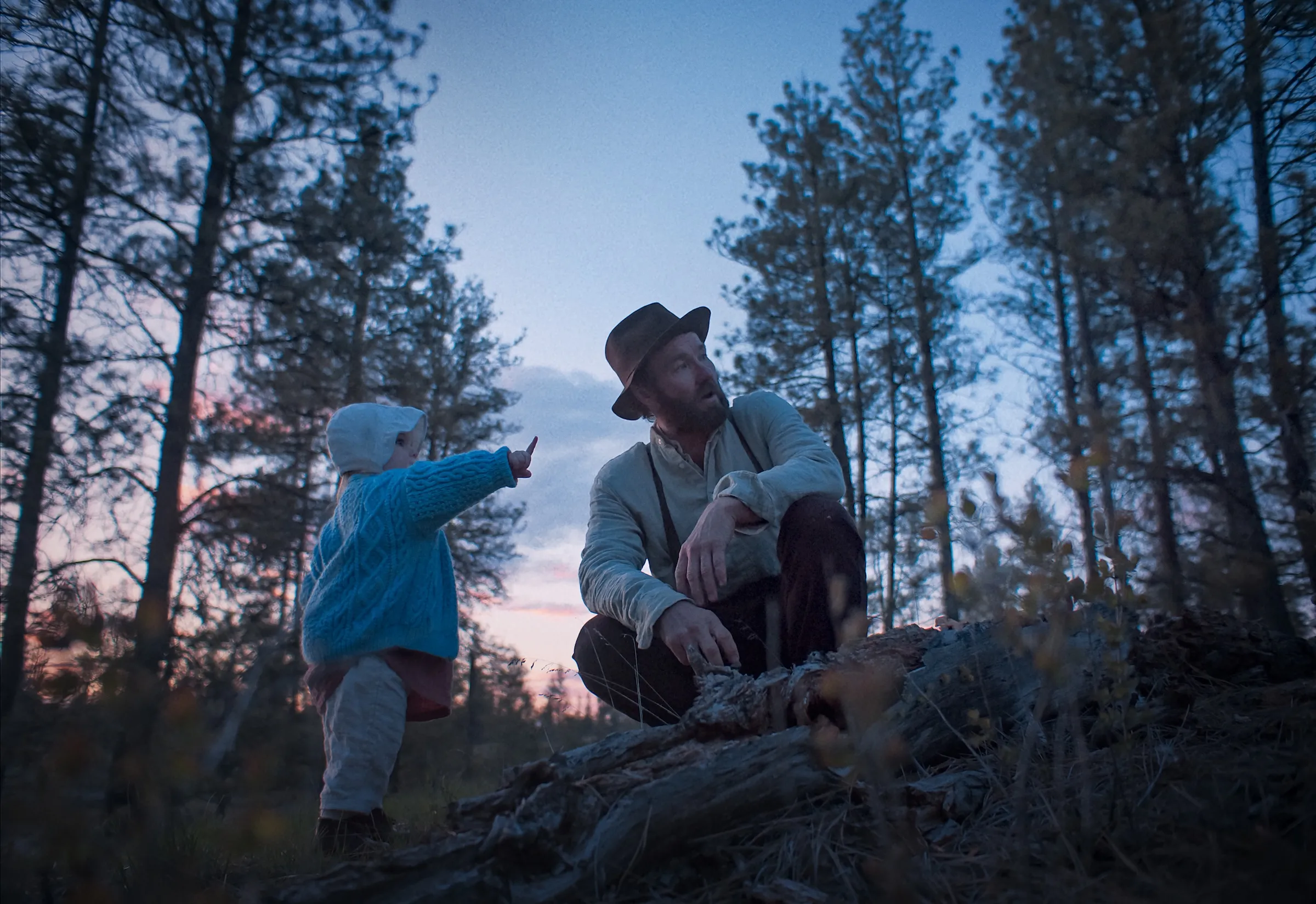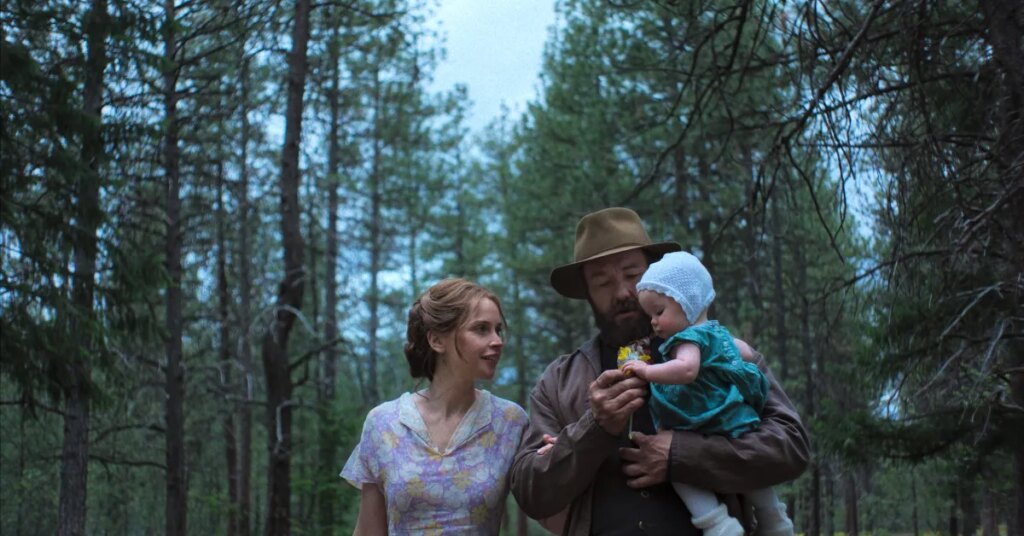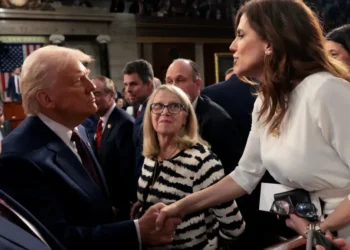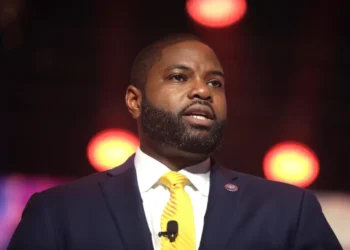For a relatively young country, America has inflicted an enormous amount of suffering on human beings. Maybe there’s some cosmic payback in the fact that life here in the 19th and early 20the centuries, particularly in the west, could be brutal. Men who took on dangerous work and didn’t live to tell the tale, women who died in childbirth or, just as tragically, lost children to infant mortality: maybe tragedies like that are just attendant to the hubris of being a white person trying to settle down in a big, sprawling country. Maybe Americans shouldn’t have so much reverence for their groundbreaking forebears—and yet, when we think about the whatever-it-is that defines the thing we so cavalierly call the American character, it’s those people who come to mind: tough men who built railroads and cut timber, women who held down the fort at home, as comfortable cradling a baby as they were killing and plucking a chicken. We think of our American predecessors as strong people, conveniently forgetting some of the terrible things they did, like deporting populations whom they perceived as standing in the way of their dreams and ambitions.
[time-brightcove not-tgx=”true”]
Clint Bentley’s Train Dreams, a gorgeous, somber movie adapted from Denis Johnson’s 2011 novella and set largely in early 20th century Idaho, doesn’t romanticize the hardscrabble Americans who struggled to make America great the first time around. But it treats them as real people who, whatever their faults might have been, were simply trying to do their best in building a life for themselves and their families. Joel Edgerton plays Robert Grainier, an orphan who grows up to be a stolid working man. He’s so recessive you can’t imagine him meeting a woman, but he does—it’s she who approaches him after church services one day—and eventually, circa 1917, the two marry and build a small house by the river. Gladys (Felicity Jones) is one of those ultra-capable women who not only knows how to build a fish trap—a weird-looking conical basket that collects the errant fishies as they swim with the current—but also care for a household and a child when her man is away, as Robert often is. He gets some work building a railroad bridge; when that job is complete, he moves on to logging. We learn these details in an even-toned voiceover, courtesy of Will Patton.

Robert spends months at a time away from home, doing treacherous work. He enjoys the company of his comrades, chief among them a crusty explosives expert named Arn (William H. Macy, in a wonderful, Popeye-weird performance). But as hard as Robert works, he’s also aware of his advantages as a white man; he watches, stunned, as some of his fellow laborers mete out a vicious form of justice on a Chinese railroad worker. The man’s face haunts his dreams, as does the landscape around him, a reverie of trees with stars of light peeking through their branches and endless railroad tracks: these visions are gorgeously shot (the cinematographer here is Adolpho Veloso), but as Robert experiences them, they’re anything but peaceful. He has a hunch that his world is about to turn dark, and he cherishes the escape of his home life. It’s clear that when he comes home to Gladys and the child he adores, a bonnet-wearing mite named Kate, he feels most himself. He and Gladys sit at the dinner table, marveling at the way the infant Kate learns to focus on a candle flame. These two enjoy their child without preciousness or sentimentality; watchful and affectionate, they’re the exact opposite of neurotic modern helicopter parents.
The tragedy that befalls Robert rattles his faith in everything. And yet somehow Train Dreams is a restorative work: Robert’s suffering isn’t a digression from his life; it is his life, and if the material is an exploration of hardscrabble Americana, it’s also arrestingly modern. Bentley—director of the fine 2021 picture Jockey, featuring a superb Clifton Collins Jr., who also appears in this film—is the opposite of a look-at-me director. Train Dreams is stunning to look at, the kind of film where each blade of grass, each jagged tree branch, each mini ripple of a rushing river, seems to sing out as an individual. Yet somehow, none of these images come off as overdone or fetishistic. What Bentley keys into, above all else, are his actors, particularly Edgerton. Edgerton is always good, and sometimes simply great. The performance he gives here is one of the latter. His features have the quality of a wood carving come to life, like something of the earth. His Robert Grainier is a man who’s been left behind by life but can’t retreat—somehow, he’s got to go on living it, and he does. He’s animated by an almost reluctant resilience. Wouldn’t it just be easier to give up? But he doesn’t. He keeps moving forward through the century, and then when he’s gone, it moves on without him. That’s not just the way of America, this tough-tender, brutal place; it’s the way of the world. And if you can pour all of that into one movie, you’ve pulled off something pretty special.
The post Train Dreams Is a Vision of Hardscrabble Americana That’s Also Bracingly Modern appeared first on TIME.




